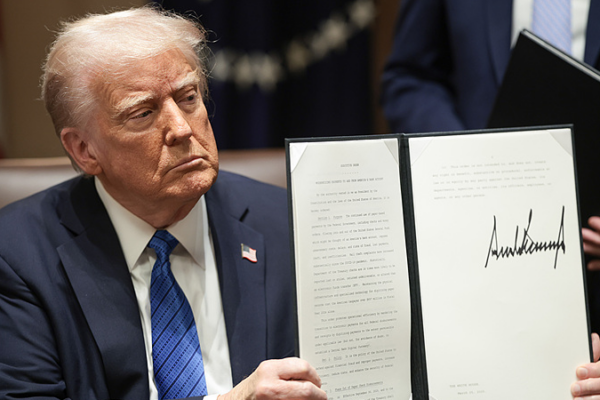
Argentina Shops Under Pressure Amid Soaring Inflation
Argentina’s shops face soaring inflation despite receiving the first chunk of a $20bn IMF loan aimed at stabilizing the economy.
My Global News: Voices of a New Era
🌍 Stay Ahead, Stay Global 🚀

Argentina’s shops face soaring inflation despite receiving the first chunk of a $20bn IMF loan aimed at stabilizing the economy.

New analysis warns that reciprocal tariffs could fuel inflation and recession risks in the U.S., urging a reexamination of trade policies.

China’s CPI improved in March with a milder -0.1% drop and core inflation rising 0.5% amid policy boosts.

Official data shows China’s CPI edged down 0.1% in March, hinting at steady consumer prices amid evolving economic trends.

Escalating tariffs drive U.S. consumers to stock up on essentials amid rising cost fears.

US shoppers are bulk-buying essentials as Trump’s new tariffs raise fears of higher prices and a potential recession.

Expert warns Trump’s tariffs may spark inflation and recession as global markets fall and layoffs increase.

Rising food prices in Brazil strain households as the government battles inflation.

Trump’s tariffs burden U.S. small businesses and consumers by raising costs and straining supply chains.

New US tariffs drive up inflation and pressure small businesses, sparking global debate on the true cost of trade measures.